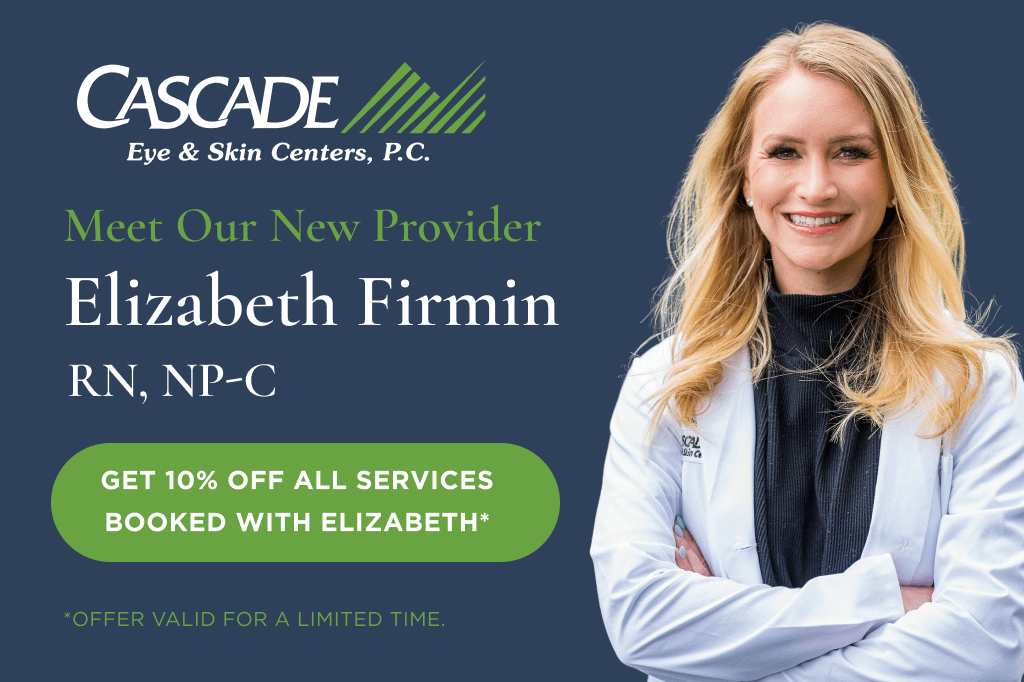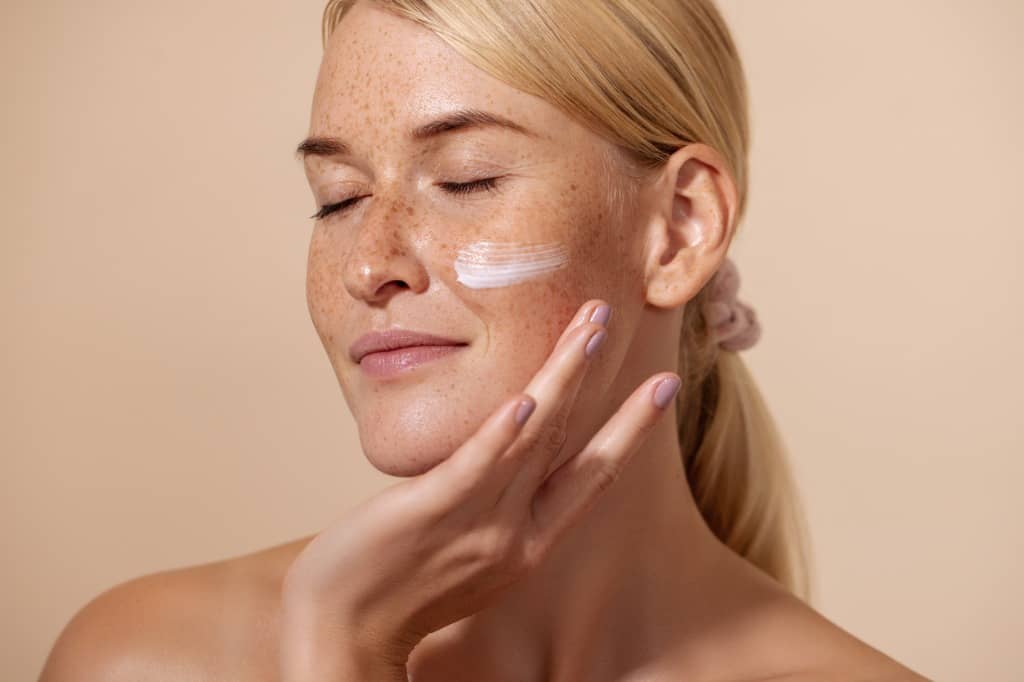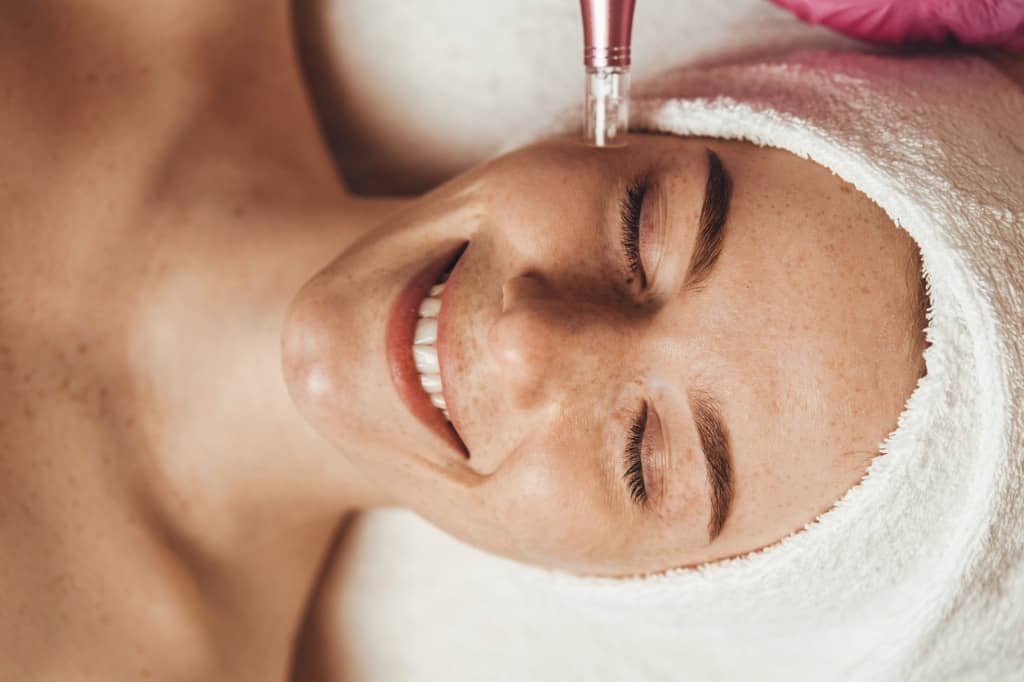The Best Vitamins for Eye Health
Written by: Lisa Y. Chen, MD
Having healthy eyes and good vision starts with ensuring you get enough vitamins and minerals in your diet. Researchers have linked eye-friendly nutrients, such as vitamin A, vitamin C, vitamin E, lutein and zeaxanthin, zinc, and omega-3 fatty acids to reduced risk of certain eye conditions like age-related macular degeneration and cataracts.
To protect your eyes and ensure healthy vision, make sure you consume plenty of the following key vitamins and minerals:
Vitamin A
Vitamin A plays a vital role in the production of rod and cone cells, essential for low light vision and color vision, and is also essential for a healthy cornea. It is primarily found in milk, egg yolks, and liver. However, you can also get vitamin A from its derivative, beta-carotene, an antioxidant carotenoid converted to vitamin A by your body. Beta-carotene can be found in fruits and vegetables that are deep orange or yellow, such as cantaloupe, mangos, apricots, peaches, sweet potatoes, squash, and carrots.
Vitamin C
Vitamin C, also known as ascorbic acid, is an important water-soluble vitamin that is required for the synthesis of collagen, an important structural component of blood vessels, tendons, ligaments, and bone. Vitamin C is also a highly effective antioxidant, protecting essential molecules in the body from damage by free radicals and reactive oxygen species that can be generated during normal metabolism as well as through exposure to toxins and pollutants.
Scientific evidence suggests vitamin C lowers the risk of developing cataracts and when taken in combination with other essential nutrients, it can slow the progression of age-related macular degeneration and visual acuity loss.
The best sources of vitamin C include strawberries, papaya, bell peppers, tomatoes, and citrus fruits such as oranges, grapefruit, and lemons.
Vitamin E
Vitamin E is another powerful antioxidant that protects your eyes from free radical damage, thereby reducing the risk of developing certain degenerative eye conditions. The best food sources of vitamin E include vegetable oils (safflower and corn oil), nuts, seeds, fortified cereals and whole grains, wheat germ, and sweet potatoes.
Lutein and Zeaxanthin
Lutein and zeaxanthin are two of the most essential antioxidants for eye health and have been shown in prior studies to play a critical role not only in ocular development, but also in lowering the risk for the development of common age-related eye diseases in older age. Lutein and zeaxanthin are concentrated in the macula, or central region of the retina, and play a key role in shielding the eye from damaging ultraviolet (UV) and blue light.
Dark green leafy vegetables like spinach, collard greens, and kale are the primary sources of lutein and zeaxanthin, as well as other colorful fruits and vegetables like broccoli, corn, peas, persimmons, and tangerines.
Zinc
Zinc plays a key role in eye health as it is essential for bringing vitamin A from the liver to the retina in order to produce melanin, a protective pigment in the eyes. Zinc deficiency can cause poor night vision as well as cataracts. Ensure you are getting enough zinc by including red meat, oysters and other shellfish, legumes, nuts, and seeds in your diet.
Omega-3 Fatty Acids
Omega-3 fatty acids are important for proper visual development and retinal function and can also help to reduce inflammation and support the oily component of the tear film to improve dry eye symptoms. Cold water fish such as salmon, tuna, halibut, catfish, and bass are the best sources of omega-3 fatty acids; however, they can also be found in chia seeds, flaxseeds, and seaweed.
In addition to making the healthy diet choices as outlined above, there are eye health nutritional supplements that may also be beneficial in certain scenarios. If you are looking for a high-quality eye supplement, speak with your ophthalmologist at Cascade Eye & Skin Centers for a recommendation of what may be right for you.
Visit Cascade Eye & Skin Centers
A combination of a healthy diet that includes vitamins for eye health and annual visits to your ophthalmologist are essential to help preserve your eye health and vision. Our eye doctors are among the best in Washington, and they can help you maintain eye health by providing preventative care and treatment of eye diseases. You can schedule an appointment at Cascade Eye & Skin Centers today.




